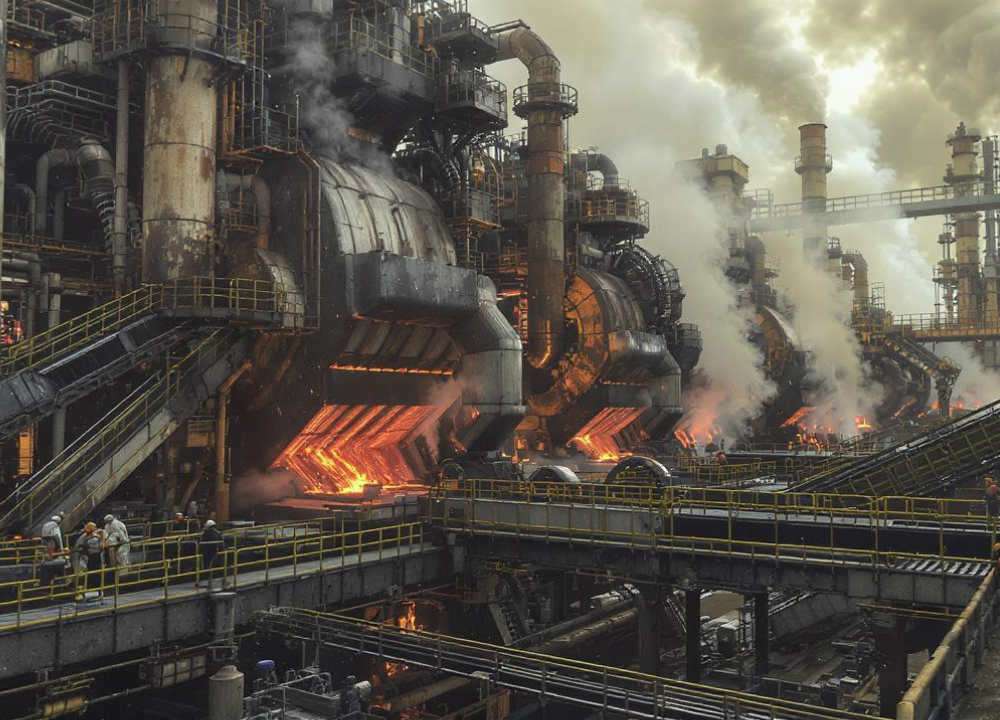Lubrizol Corporation, a subsidiary of Berkshire Hathaway, is ramping up its presence in India with a significant $350 million investment aimed at expanding its capacity. Bhavana Bindra, who took over as head of India, the Middle East, and Africa in March, is leading this push. “Our current share of the global business isn’t where it should be,” Bindra told businessline.
Lubrizol Corp’s President and CEO, Rebecca Liebert, recently expressed optimism about India’s potential, projecting that the country’s contribution to the company’s global revenue could double within the next five years. Bindra emphasized that India’s rapid growth and its ambition to become the world’s third-largest economy present a prime opportunity for Lubrizol to expand its global footprint.
“These capacity expansions align with India’s growth wave,” Bindra noted, adding that as the housing, real estate, automotive, and industrial sectors expand, Lubrizol expects to see significant gains in its piping, automotive, and additives segments.
In 2022, it made its largest investment in India to date, committing $150 million to build a CPVC resin plant in Vilayat with a capacity of 100,000 tonnes, in partnership with Grasim Industries. The project also includes expanding capacity at Dahej and establishing a grease laboratory in Navi Mumbai. This manufacturing partnership with Grasim was first established in 2020.
In July 2023, Lubrizol further solidified its commitment to India by signing an agreement with the Maharashtra government to acquire a 120-acre site in Aurangabad for a new plant, with an initial investment of $200 million. This facility, once completed, will be Lubrizol’s second-largest globally and its largest in India. The construction will occur in phases, allowing for future expansion.
Additionally, Lubrizol has established a Global Capability Centre in Pune, designed to support regional growth and enhance collaboration with customers. The company has a long history of partnerships in India, including a joint venture with Indian Oil Corporation (IOC) that began in 1966. Lubrizol now holds a majority stake in this venture, which has expanded from additives and industrial applications to fuel treatment.
Bindra mentioned that Lubrizol remains open to forming more partnerships to strengthen its value chain. “We continually evaluate potential collaborations across the value chain,” she said, highlighting the company’s strategic approach to partnerships, as seen in its ventures with IOC and Grasim.








